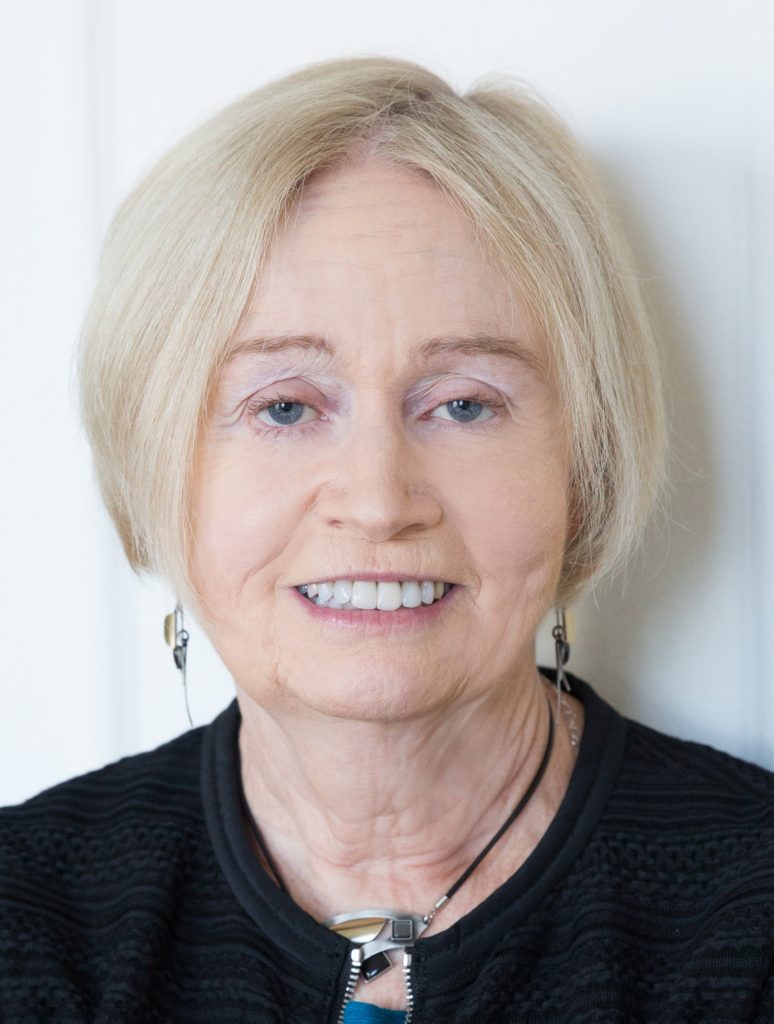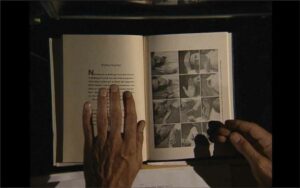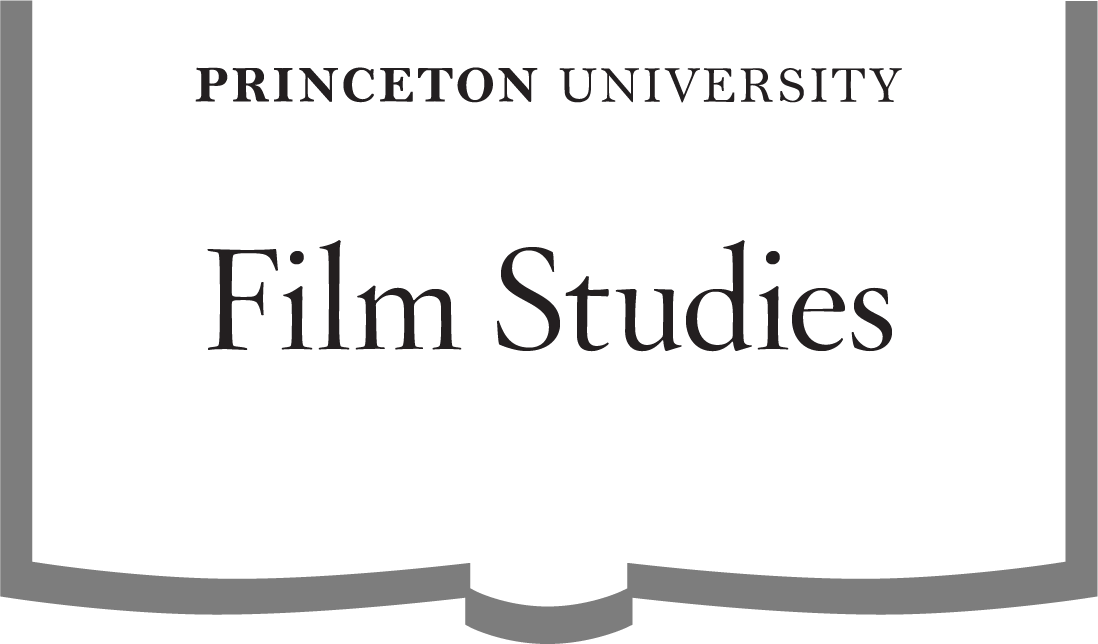
CFS Faber Lecture: Cinematic Faces and Hands
Committee for Film Studies
April 10, 2023 · 4:30 pm—6:00 pm · Betts Auditorium

Join the Committee for Film Studies for this Faber Lecture, the second talk in our spring 2023 series that brings prominent film scholars into conversation with members of the Princeton community. This event features Mary Ann Doane, Class of 1937 Professor of Film & Media at the University of California-Berkeley.
Faber Lecture title
“Cinematic Faces and Hands”
Abstract
The close-up, the classification of the shot that has been discussed most extensively in the history and theory of the cinema, has also been insistently associated primarily with the face as its content. Despite some film theoretical speculation about the close-up and the detail, the face in close-up evokes the rich territories of identification and surveillance, recognition, the haunting of the facial close-up by the physiognomic discourses of the eighteenth and nineteenth centuries and hence the invocation of colonialism and racism, and not least, the question of the legibility of space in cinema. Both Balázs and Deleuze have argued forcefully that the close-up of the face is despatialized, abstracted from any physical environment. It is assigned a diegetic autonomy, the refusal of the spatio-temporal coordinates of the narrative. It purportedly signifies in itself, through expression, interiority, figuration, and intensities. In being divorced from space, the face is also liberated from a body, without the negative connotations of decapitation. In this sense, the face is unlike any other body part, including that which vies for second place as the content of the close-up—the hand. In this essay, I trace the distinctions between the close-up of the face and that of the hand, in particular their respective relations to space and the body. The hand has also received extensive attention, especially in essay films that compile a history of its instanciations in cinema, such as Harun Farocki’s 1997 Der Ausdruck Der Hände or kogonada’s The Hands of Bresson. The hand is related to a familiar series of tropes as well—the erotic, the laboring body, thievery, the fingerprint as clue (index), the finger as deixis, palm reading and the future. But its relation to space is never as autonomous as that of the face; rather it indicates and orients, activating the filmic space. While the face in close-up is abstracted from space, the hand in close-up helps to produce that space, to delineate its limits. The hand is sutured to space in a way that goes beyond its mere localization or existence in a specific place. Instead, it produces space, delineates it through its deictic operations. In this way, it mimics or doubles the work of the close-up itself.
Mary Ann Doane is the Class of 1937 Professor of Film & Media at UC-Berkeley where she has taught since 2012. Previously, she held the George Hazard Crooker University Professorship at Brown University where she worked from 1979-2011. Her primary research interests lie in media theory, film theory/criticism, and cultural theory. She is the author of The Emergence of Cinematic Time: Modernity, Contingency, the Archive (2002), Femmes Fatales: Feminism, Film Theory, Psychoanalysis (1991), The Desire to Desire: The Woman’s Film of the 1940s (1987) and editor of a 2007 special issue of differences, “Indexicality: Trace and Sign.” Her latest book, Bigger Than Life: The Close-Up and Scale in the Cinema was published by Duke University Press in 2022. She is the recipient of a Guggenheim Fellowship, an ACLS Fellowship, an American Academy of Berlin Fellowship, a Miegunyah Distinguished Fellowship (Melbourne), and a Huaying Lecture Professorship (Nanjing) among others. The Emergence of Cinematic Time was the winner of the 2nd Limina Award and a commendation in the Kraszna-Krauss Book Awards (London). Her work has been translated into French, German, Spanish, Japanese, Chinese, Italian, Czech, Polish, Danish, Hungarian, and Ukrainian.
Reception to follow. This event is free and open to the public.
This event is sponsored by the Eberhard L. Faber 1915 Memorial Fund in the Humanities Council. It is part of the “Figure Ground Media” lecture series, which is presented by the Humanities Council’s Committee for Film Studies.
Please email program manager Margo Bresnen at mbresnen@princeton.edu with any questions.













